This section is for paid subscribers only. Our subscription is only $3700/- for one full year.
You get unlimited access to all paid section and features on the website with this subscription.
Subscribe to read full article
This section is for paid subscribers only. Our subscription is only $37/- for one full year.
You get unlimited access to all paid section and features on the website with this subscription.
Not ready for a full subscription?
You can access this article for $2, and have it saved to your account for one year.
- Release Date1972
- GenreRomantic, Drama
- FormatB-W
- LanguageTamil
A band of young professionals from the Institute of Film Technology, Madras made this film centered on a blind man and the manner in which he comes to terms with life. Sekhar, a blind boy, is brought up in a Gandhian ashram whose inmates are orphans, destitute, and women who have been rescued from whorehouses. In his rambles around the ashram lands, his constant companion is a little girl called Sarada. When they grow into adulthood, Sekhar is not able to conceive of a life without Sarada who is now an employee of the ashram. They get married with the blessings of the ashram elders and move to Chennai where Sarada gets a job as a door-to-door salesperson. Used to the simple and straight-forward life of the ashram, the couple is unable to cope with the brutality of city life and return to the ashram.
Babu Nandancode and T Vaiyadurai were on the staff of the film institute when they conceived the idea for this film. The Story was by Vaiyadurai and the script was written by K K Raman. The freshness of their approach was evident in the film as the characters were portrayed realistically. The film was shot in Gandhigram near Madurai and Vaiyadurai captured the beauty of the region with the backdrop of the Sirumalai hills effectively. Child actors in the film were handled deftly and their performance was realistic. The bond between the blind boy and the little girl Sarada was depicted through a song sequence set in a field of sunflowers. The sequences in the city were also picturized in a manner that brought out the alienation of life in a metropolis. The shot of blind Sekhar running scared along the Marina beach in Chennai was also shot convincingly. It was a very visual and cinematic film.
The music was well integrated into the main theme of the film. Choral music was music director M B Srinivasan's forte and the songs Vanam namadhu thandhai (The sky is our father) and Bharathi's song Bharatha samudayam (The people of India) were popular favourites for a long time.
The portrayal of a blind person as incapable of any work or fending for himself was, however, not helpful to the cause of visually handicapped people. The Year of the Handicapped and the awakening it created about the blind was to come years later.
[from the book The Eye of the Serpent by S Theodore Baskaran]
Cast
Crew
-
BannerKavya Chitra
-
Director
-
Music Director
-
Lyricist
-
Cinematography
-
Writer



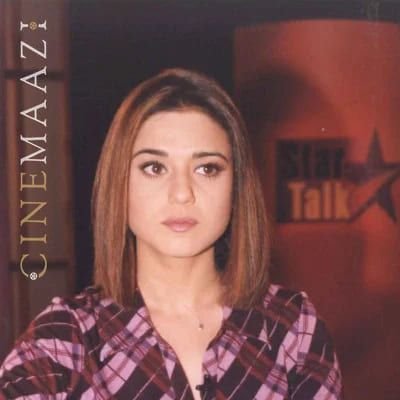
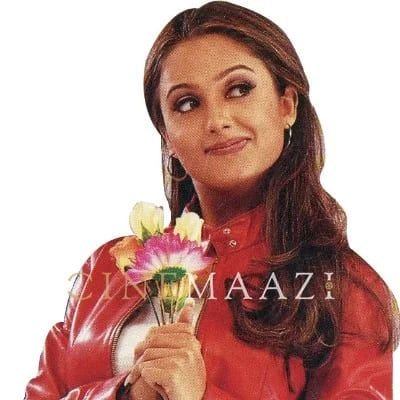
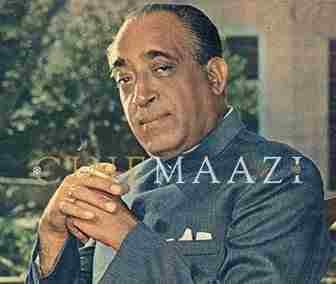
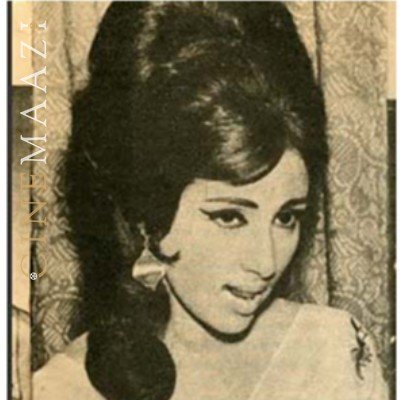
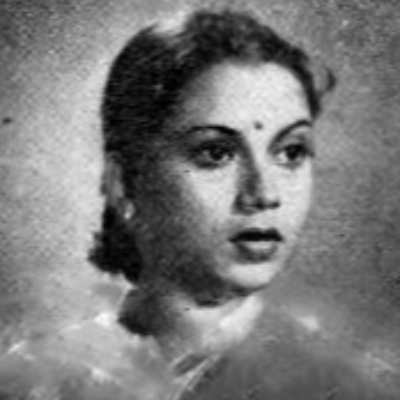

.jpg)



